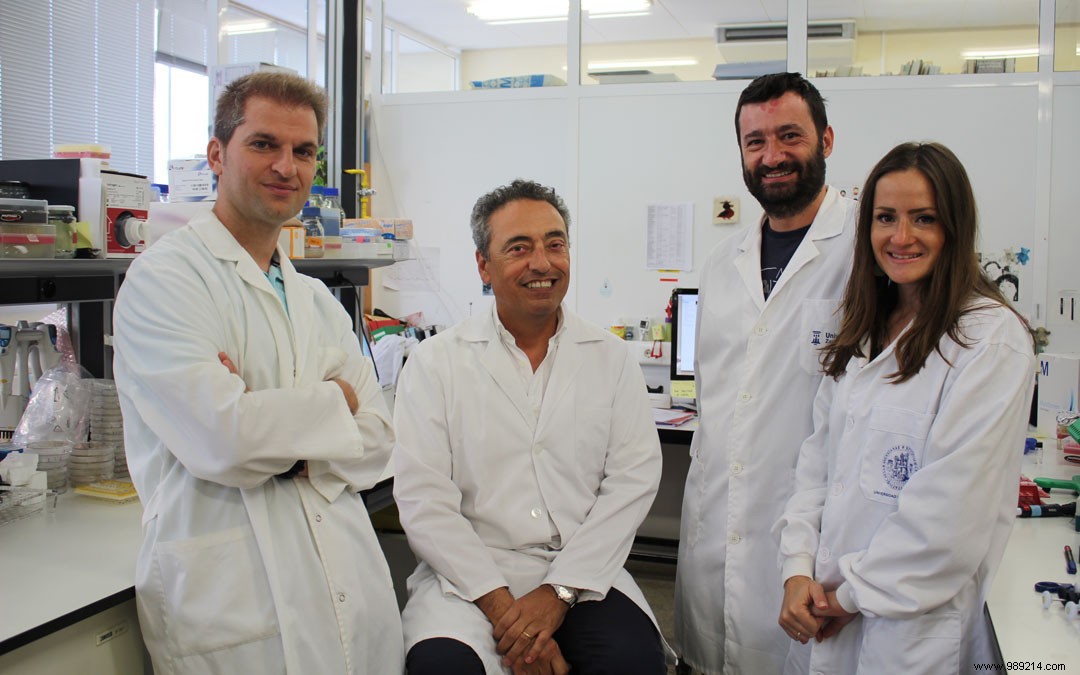A new vaccine has just taken a new step as a candidate for universal vaccination against tuberculosis. Currently in the test phase, it appears to be more effective than the only vaccine (BCG) currently available.
Tuberculosis is an infection caused by Koch's bacillus (Mycobacterium tuberculosis ). Contamination occurs through the air during repeated contact with a tuberculosis source (contaminated environment or a sick person who coughs or sneezes). The disease is still very present. It is estimated that a new person is infected with the bacillus every second in the world . Nearly 90-95% of them will not develop the disease, their immune system being able to fight back.
In contrast, more than 10 million people still contract the disease each year . On this sample, the bacillus causes on average 1.4 million victims . Africa and Southeast Asia are the most affected environments. In France, the number of new cases amounts to approximately 5,500 each year, leading to nearly 700 deaths.
If it is possible to cure tuberculosis with antimicrobials, it is also possible to be vaccinated beforehand to avoid contracting the disease. The BCG vaccine is currently the only approved vaccine . Nevertheless, its effectiveness is not total and it especially avoids the severe forms of the disease in children.
Also, for several years, researchers from the University of Zaragoza have been working on the development of a new tuberculosis vaccine named MTBVAC. Note that while the BCG vaccine is based on a live attenuated form of Mycobacterium bovis isolated from cows, this is the first and only vaccine based on the human pathogen Mycobacterium tuberculosis .

This new vaccine has just reached a new milestone as a candidate for universal vaccination against tuberculosis. MTBVAC had demonstrated its safety in phase 1 studies in adults in Switzerland and in phase 1b in neonates in South Africa. Phase 2 studies are currently being conducted in uninfected TB adults and healthy neonates to select the dose and investigate its safety and immunogenicity in larger numbers of participants.
Based on this new work, the researchers administered a dose of the MTBVAC vaccine intradermally to rhesus macaques. The solution then seemed to provide significantly better protection against aerosol exposure to M. tuberculosis compared to BCG (same route and dose of administration).
This study thus consolidates the previous preclinical and clinical studies of safety as well as immunogenicity and represents a solid proof of concept of the efficacy of MTBVAC which, in the long term, could present as an effective alternative to BCG in the fight against respiratory tuberculosis in humans.